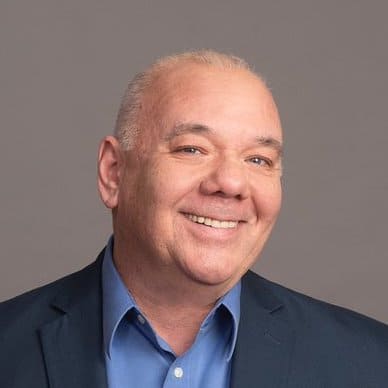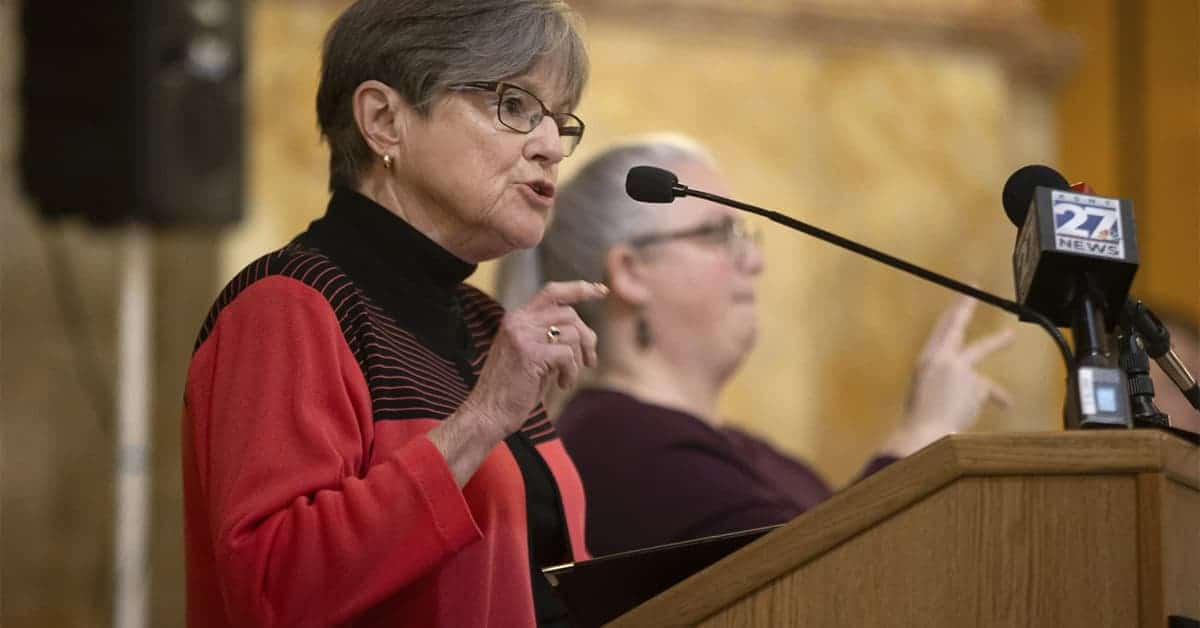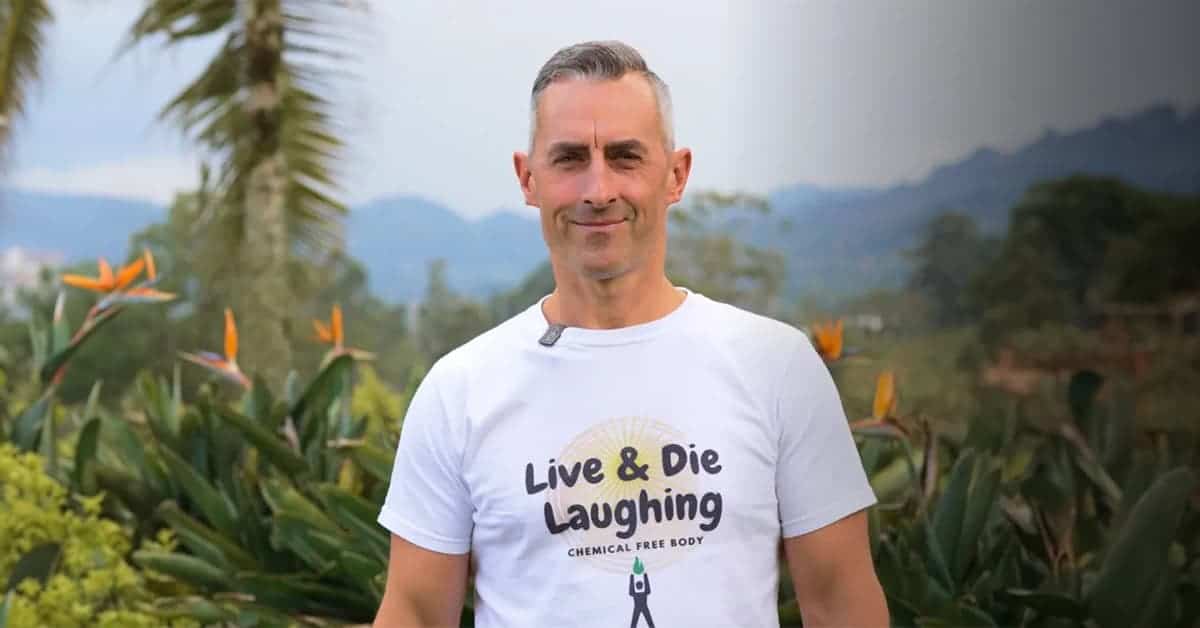What does it mean to lead a police force? That question seems like a simple one. In the world of law enforcement we have some rock solid principles and some bedrock purposes. We are tasked by our various communities with “Protecting and Serving”, if we combine those principles and purposes with the goal of protecting our residents and serving those who need our help, the outcome should be easy to predict. Our officers would go out into the streets and do what is necessary to get the job done. If it were only that easy.
The modern police force is very different from the police forces of days gone by. That is not to say that our current mission is vastly different from the police mission of the past. People are people and the needs of society change slowly, over very long periods of time. The basic functions of police work are static. There will always be predators that will look for any opportunity to take advantage of innocence. Human nature being what it is we know that there will always be a percentage of our population that will rob and rape if they can. Unethical people will lie and cheat the elderly out of their retirement funds if the opportunity presents itself. Children will continue to be a target for the perverted and twisted minds of the pedophile. Our homes and property will always be fair game for the burglar and other various types of thieves. The scourge of drug abuse will drive otherwise normal people to acts of criminality. That being said I could fill many pages with the types of crimes that have always been with us and will always be with us. That is the human condition, and the world in which we, as law enforcement professionals operate.
My focus here; is understanding the changing requirements and responsibilities associated with leading the men and women of the modern era of police work. An analysis will reveal that the truth of the matter is that the changes in the world of law enforcement are not changes in the work we do, but the changing people on the job that do the work.
Police work is a people business. Most of us who have been on the job for any period of time know that reality. Arrests, tickets, raids and investigations are all elements of the work, but the real work is human relationships. People to people, person to person.
As any officer serving anywhere in the United States, and at any rank, can tell you the people who are coming on the job today are different than in the past. That is not a bad thing, but it is something that must be understood and managed for the betterment of all involved.
Today’s recruits grew up in a world that viewed the idea of simply doing what you’re told without question, as not valid. Many were taught to question authority at every level. If someone tells you what to do, ask them why you should do it that way. If someone tells you why you should do it a certain way; ask them if there is a better way to do it. I call this group of young people the “Millenials”, taken from the on going generational categorization’s such as; the baby boomers, the Gen X’ers, Generation Y and so forth. I can’t take credit for it, but I like it and I use it.
Many of the new officers are motivated by different things then those of us in previous generations. I loved overtime; it helped to keep me and my family above water as I moved through the various pay scales and ranks. I loved being at work, doing the work. Today money is not the greatest motivator. I see a trend with many new people in that they are more concerned with their time off, and what other lifestyle perks are available. They are hard workers, and they have tremendous skill sets to offer, but they see things differently. That must be taken into account. Demanding they act and appreciate what past generations saw as important is a futile exercise. They must be seen and valued for what they have to offer and their needs and concerns must be figured into the equations. That is our responsibility as leaders.
As a practical matter we are quasi-military organizations with ranks, rules, regulations, policy and written directives. That is the functional part of our business. They set the internal boundaries in our departments and the basic parameters of how to deal with the public out in the street. Technology moves at lightning speed, doubling capacity every 18 months. We file papers and push out new policy and new directives in record time, all good stuff. Unfortunately what get’s lost in that shuffle is our people, our cops, especially the young people of the modern work force.
How we deal with our people is lagging behind all the other types of change that have come down the pike. We are, in many instances, clinging to old ways and practices that do nothing to move us forward and help us to lead our people in the most appropriate way. It is time for those of us in leadership positions today to do a top down review of how we run our organizations, starting with our own actions, styles and practices. Just because “That’s the way we have always done it” doesn’t mean we have to continue with those models. We must ask ourselves; are we doing things the best way possible, regardless of our own personal preferences and desires. If we are not then we should change the way we do things.
This concept could easily be regarded as a back hand shot at the current leadership in any organization today. That is not the point, and it should not be looked at that way. It is a call to all members of our profession who are responsible for leading our people, to look beyond ourselves. To pick our heads up, look around and see what’s going on out in the world and see what we can do to better serve those we lead. If we can not look forward at what could be, compare it to the lessons of the past, then think of ways to do things better based on the combined experience of all involved, then we are never going to improve in any meaningful way. As leaders we must evolve.
My years of experience, both in law enforcement and more importantly in my life as a member of our society, have revealed what I believe are some important lessons in regard to leading effectively.
I start with defining the basic premise of leadership. What are the goals and most importantly, the responsibilities of being a leader? Does being in charge make one a leader? The answer, I think, is, sometimes. Obviously if you are the chief executive of any organization by virtue of your position, you are a leader.
The better question is; does simply being “In charge” make you a good leader? The answer here is clearly, NO. We can all think of people in leadership positions who are not very adept at being good leaders. They can give orders, make rules, issue edicts and puff themselves up and demand everyone fall in line, but they do nothing to better their people or their organization. This type of leader harkens to a different time. In police work most of us can all conjure stories of old time chiefs who ruled with an iron hand, or were the type of leader that was locked away in his office. You never saw the guy, but when you did he was an almost mythical figure. It was “My way or the highway”. This example may be a stretch, but not too much of a stretch. The dinosaurs like that are mostly gone from the scene at this point, but they were the model for many of us up to this point. I am suggesting that we learn from the past, take what was good from that style of leadership, and then move on. Its time for a paradigm shift in leadership practices.
So if simply being in charge does not make you a good leader, what does?
I believe that being a good leader requires changing the way we view the art of leading. There will always be a time for the autocratic leader. On many occasions our business demands immediate, forceful and decisive action on the part of those in charge. We must be able to give direct orders and have them followed without hesitation. Lives sometimes depend on it. That being said I don’t believe that those are the best examples of where leadership takes place. It is more than that, more than just driving the tank into battle.
The next question to ask then is “What can aid the leaders of tomorrow to be the best they can be”. It is in this context that I suggest we can begin by adopting several concepts:
My Four Servant Leadership Principles
One; Being a good leader is a choice
Like anything else we want to do and do well, we must make choices. This is where separating ourselves from the seductive perks of leadership must take place. The term “because I said so”, has to be replaced with “What is best for my people, not necessarily good for me”. This is where the hard work takes place. Many people have worked an entire career to be in charge. When they get there they lose perspective on what their main goal and focus must be; their people, not their own career track.
Two; Owning the principle of “Servant leadership”
The higher up the chain you go, the more you owe to those in positions below you. Doing what needs to be done to make their jobs easier is the key obligation of this principle. You must work tirelessly to assist them in anyway you can; guiding, counseling, positive critiques, listening not just hearing them, appreciating them and working for their career goals. Selflessness is incumbent to this type of thinking.
The choice here is to choose forgoing the belief that since you have obtained a leadership position, whatever you think has to be right and best and everyone should do what you want simply because you are in charge. This is a morale killer and displays very poor leadership qualities. People don’t follow poor leaders, they tolerate them. As leaders our goal should be to make our people better, not exist to be tolerated. You must take an active role in their work lives. You should always be available. We teach best by allowing others to try using their own skills. If there are two ways to do something and the immediate outcome is not critical, let your people choose their own path to the objective. The experience they gain in the effort and the trust and confidence they receive from you is the greatest reward.
Three; Loyalty is a two way street, but it starts with the leader
The leader must be the first to show unconditional loyalty to their people, standing up for them in every instance. Looking out for their needs; both personal and professional. In the old paradigm the leader demanded loyalty. In return goodies were doled out to the loyal. This style prostitutes the concept. The leader receives loyalty only on the basis of material things, better assignments, promotions, and the like. The depth of that loyalty is shallow indeed and non existent when the treasure runs out. On the other hand loyalty based on how the leader looks out for their subordinates is almost bottomless and is constantly refilled.
When our people believe we are there for them and the organization and not just for our own needs, they respond in kind. It creates credibility.
Four; Succession planning
This should be paramount to any leader. Instead of concern with ones legacy as to ones own achievements, the good leader is concerned with preparing his people to assume his position, to take over. As a leader I feel no greater satisfaction than to have my people take what I have to teach and rise to their potential. My goal does not end there; my mission is to assist my people to eclipse my record. My legacy is not borne on my achievements but on the achievements of those I have taught. It is through their success that my journey as a leader is completed and my career justified. I want them to surpass me.
These four servant leadership principles require sacrifice on the leader’s part. They are not always easy to live. They are a process and a belief system that puts leadership on a new path. For many people these concepts will seem strange and unconventional. They are, but I believe our profession is at a point that we, as leaders, must assume a new role, accept new responsibilities, and understand the changes in culture and the people that are coming into our profession. We must lead with a dedication to our core principles, purposes and our people first.
I have been CHASING JUSTICE throughout my career friends. My goal is to be THE VOICE for the voiceless. Reach out with your own stories and thoughts on justice… [email protected]


























